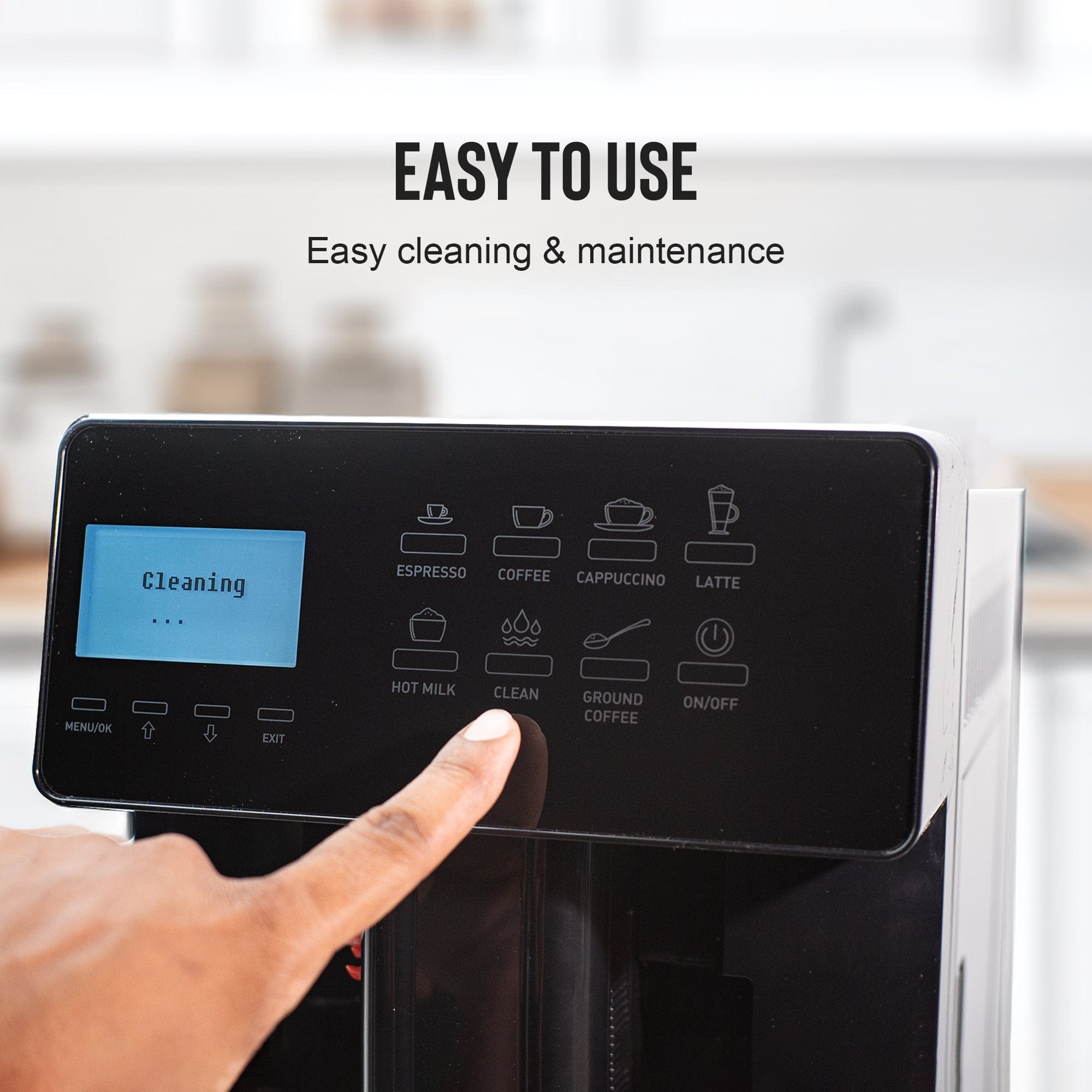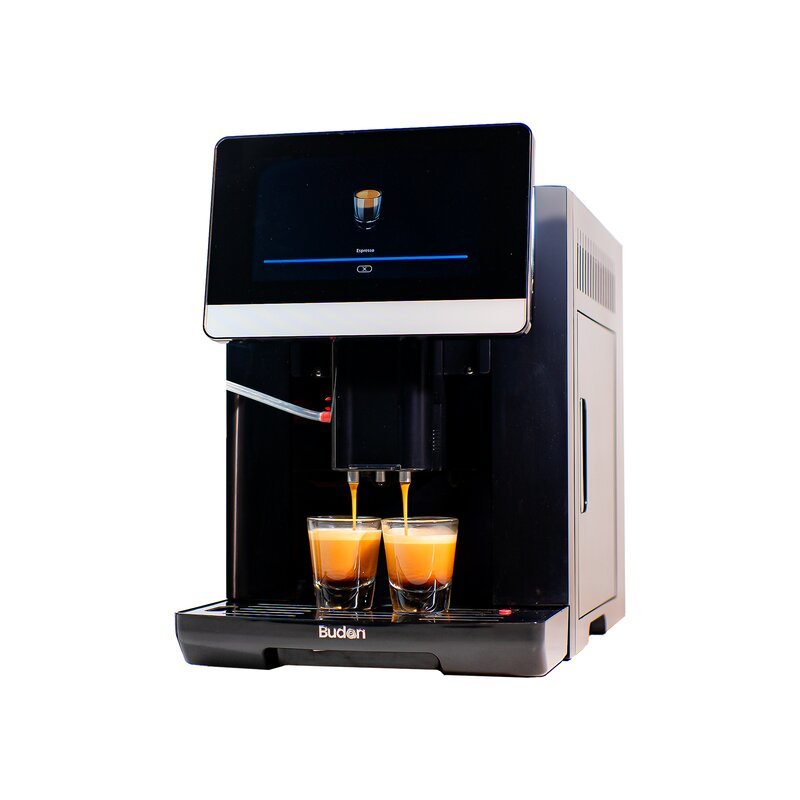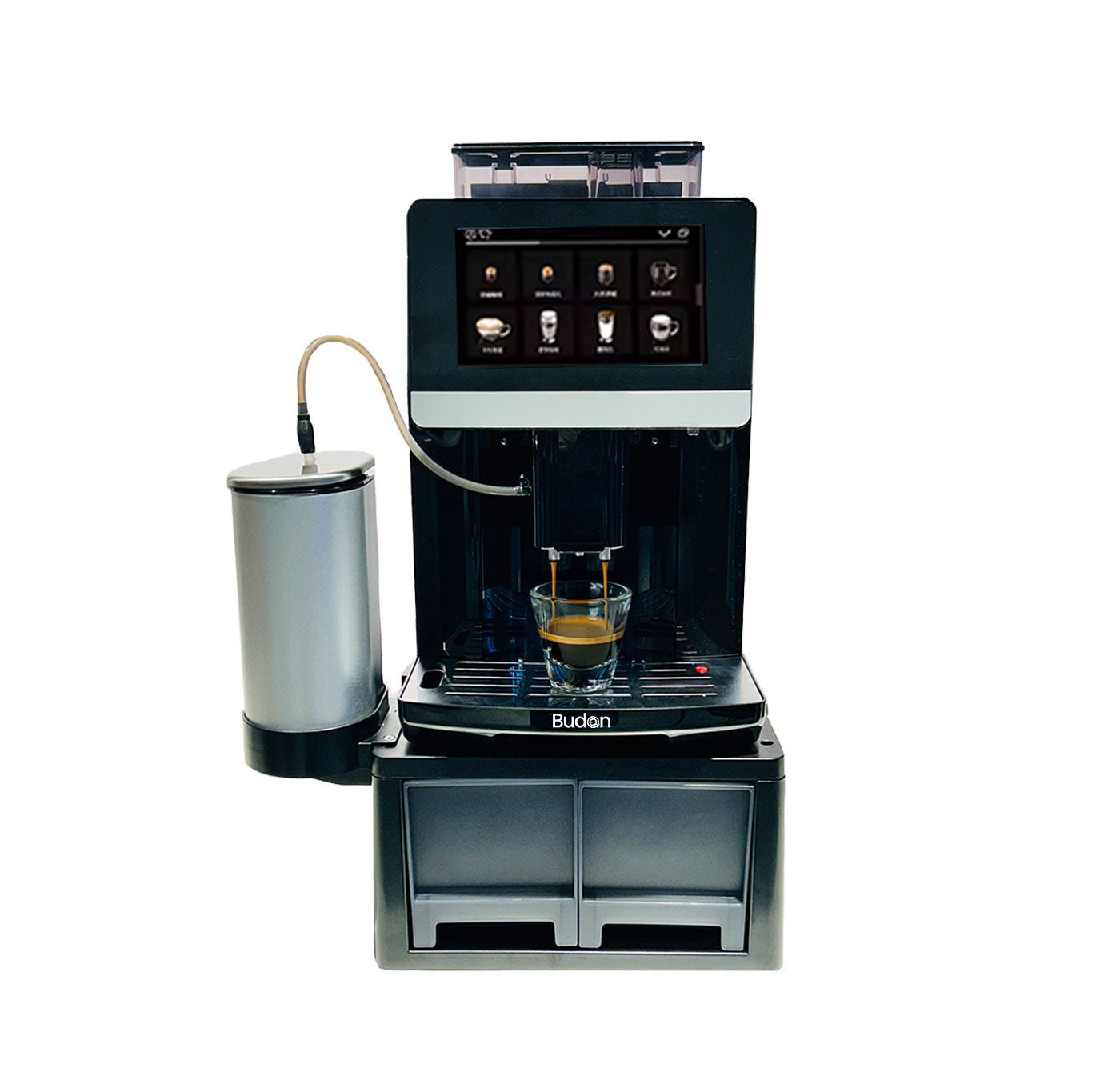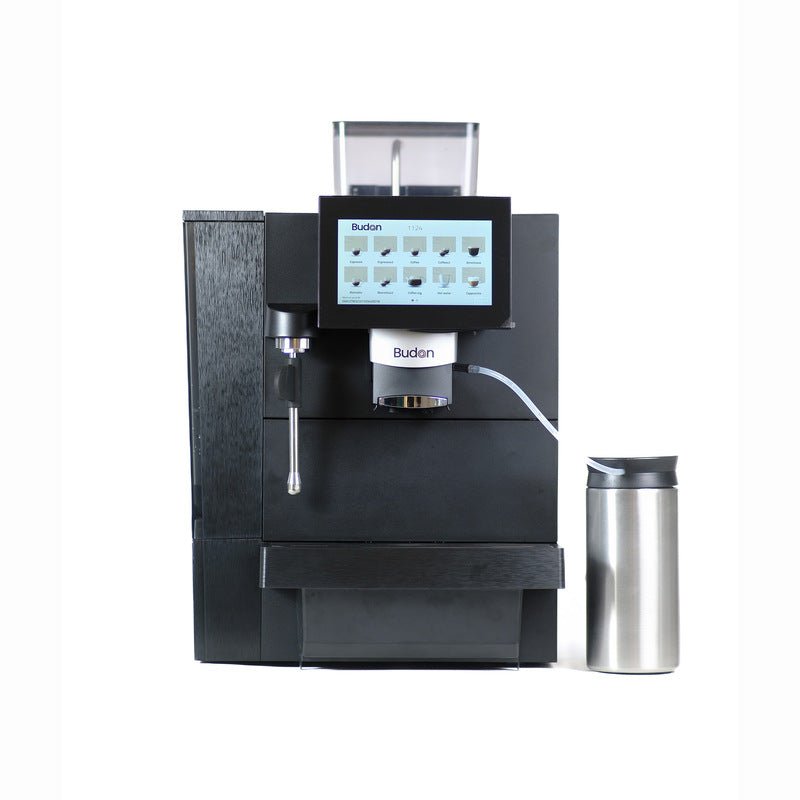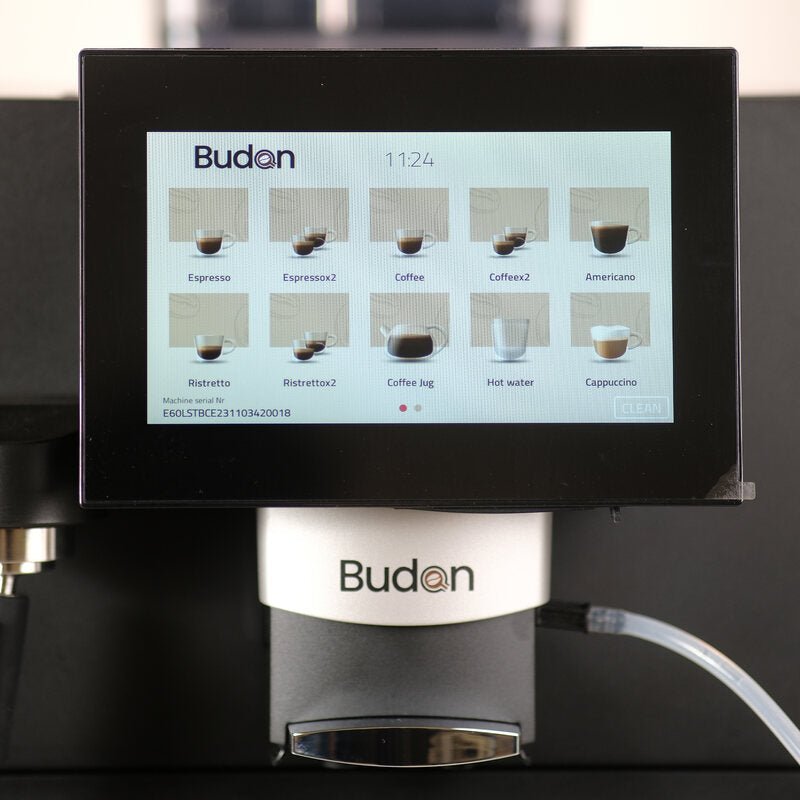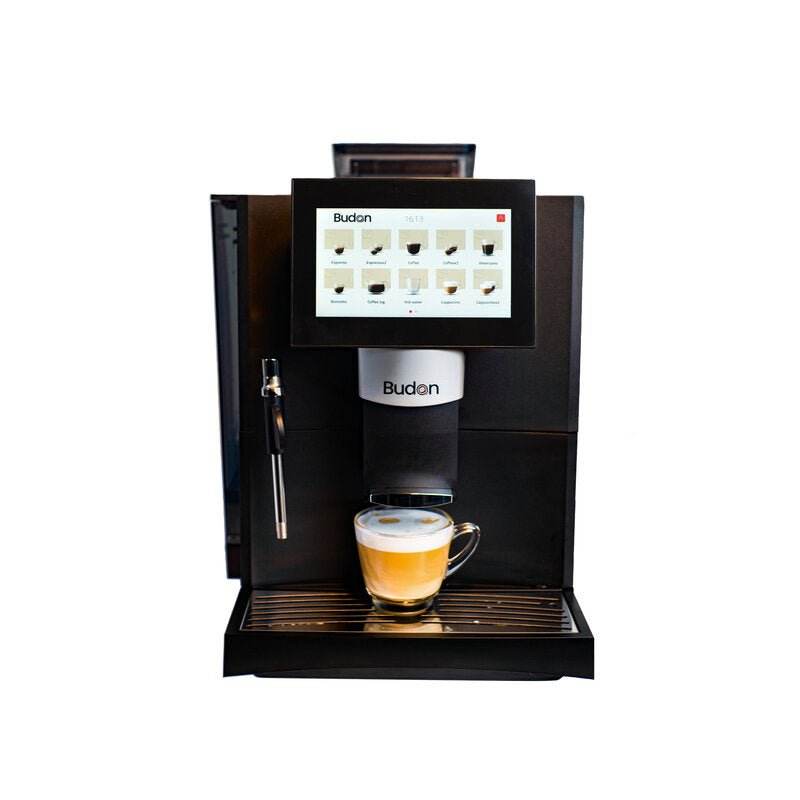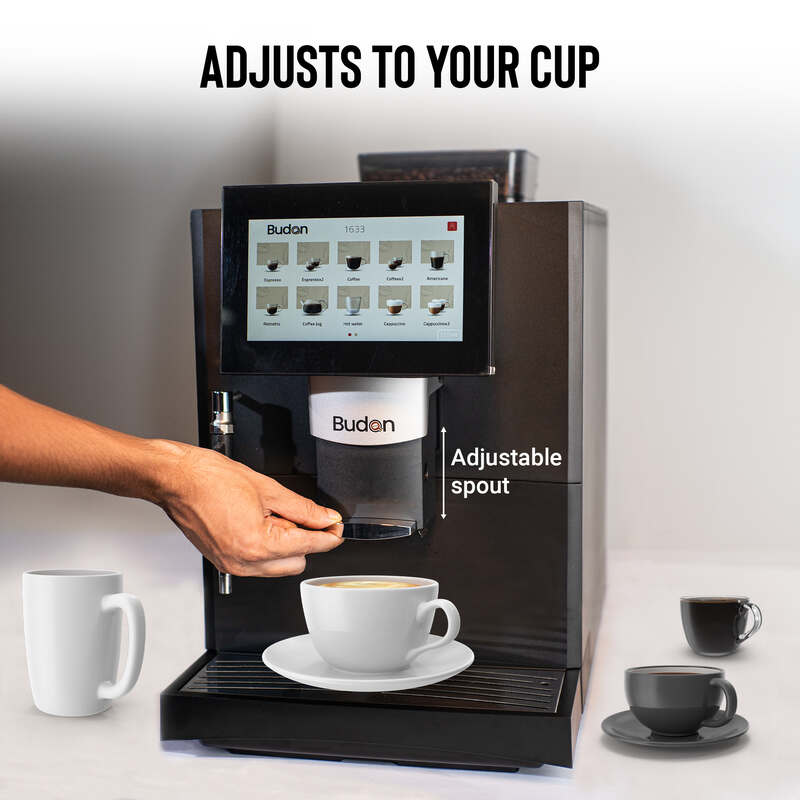Coffee lovers are always on the hunt for ways to preserve the freshness of their precious beans. One question that often arises in this pursuit is: Can you freeze coffee beans? The short answer is yes—but only if you do it right.
Freezing coffee beans can be an effective way to extend their shelf life and retain flavor, but there are key guidelines you need to follow to avoid damaging the quality. In this blog, we explore the science behind freezing, when it makes sense, how to do it correctly, and common pitfalls to avoid.
Why Freshness Matters with Coffee Beans
Before diving into the freezer debate, it's important to understand why freshness is so critical.
After roasting, coffee beans undergo a process called degassing, where they release carbon dioxide (CO₂) along with volatile aromatic compounds. This is when the beans are at their peak in terms of flavor and aroma.
However, exposure to oxygen, light, moisture, and heat can quickly degrade the beans. As a result, most coffee experts recommend consuming beans within 2 to 4 weeks after roasting for the best taste.
That’s where freezing can help—slowing down the aging process and extending the window of freshness.
Can You Freeze Coffee Beans?
Yes, you can freeze coffee beans, and many roasters, baristas, and coffee pros do it. When stored properly, freezing helps preserve aroma compounds and oils that give coffee its unique flavor.
However, it’s not as simple as tossing a bag of beans into your freezer. Done incorrectly, freezing can cause moisture condensation, flavor degradation, and even freezer burn.
Let’s take a closer look at when—and how—you should freeze coffee beans.
When Should You Freeze Coffee Beans?
Freezing makes the most sense when:
-
You buy coffee beans in bulk and won’t use them all within a few weeks
-
You have specialty or rare beans you want to preserve
-
You're rotating between different beans and won’t get to each bag right away
-
You want to store beans while traveling or in hot climates without air conditioning
In these cases, freezing becomes a practical solution to prevent staleness and preserve quality.
The Science Behind Freezing Coffee Beans
Freezing slows down the oxidation and degradation of coffee beans’ aromatic oils and soluble compounds. At temperatures below 0°C (32°F), chemical reactions that cause staling slow significantly.
However, freezing does not stop degradation entirely—it only slows it. Moreover, if moisture from the air gets into your coffee, freezing and thawing cycles can lead to condensation inside the packaging, damaging the beans.
That’s why airtight storage and careful handling are crucial.
How to Properly Freeze Coffee Beans
If you’re going to freeze your coffee beans, follow these guidelines to ensure optimal quality:
1. Use Airtight, Vacuum-Sealed Bags or Containers
The number one rule is to minimize air and moisture exposure. Use:
-
Vacuum-sealed bags (preferred)
-
Resealable freezer bags with most air pushed out
-
Airtight canisters or mason jars (with plastic wrap seal)
Pro Tip: Portion your beans into smaller batches (e.g., weekly servings) before freezing. This allows you to remove only what you need without repeatedly exposing the rest to air and temperature changes.
2. Label with Roast Date and Freeze Date
Always label your packages so you know how long they’ve been stored. While frozen beans can last up to 3–6 months, it’s best to use them within 2–3 months for optimal flavor.
3. Freeze Only Once
Avoid freezing and thawing the same bag multiple times. Each cycle introduces moisture and degrades flavor. Portioning your coffee in advance helps you avoid this problem.
4. Thaw Before Opening
When you’re ready to brew, let your frozen beans reach room temperature before opening the bag. This prevents condensation from forming on the beans themselves. A few hours on the counter should do the trick.
What Happens to the Flavor?
Done properly, freezing preserves the volatile compounds responsible for your coffee's aroma and taste. Most people report no noticeable difference in flavor after brewing with properly thawed frozen beans.
In fact, a number of baristas and specialty cafés keep competition-grade beans frozen until use to preserve freshness.
However, low-quality freezing methods (e.g., improper sealing, repeated freeze-thaw cycles) can lead to:
-
Flat, stale flavor
-
Loss of aromatics
-
Dry texture or freezer burn
So while freezing works, execution matters.
Should You Freeze Ground Coffee?
No. Avoid freezing ground coffee.
Ground coffee is far more susceptible to oxidation because of its increased surface area. Freezing it introduces risks of moisture condensation and flavor loss, and since ground coffee stales faster than whole beans, freezing doesn’t buy you much time.
If you must store coffee for the long term, freeze whole beans only, and grind fresh before brewing.
Alternatives to Freezing Coffee Beans
If freezing isn’t right for you, there are other ways to preserve freshness:
1. Buy Smaller Quantities
Instead of bulk buying, opt for 250g bags and purchase every 1–2 weeks.
2. Use Airtight Storage
Store coffee in opaque, airtight containers like:
-
Airscape canisters
-
Vacuum-sealed jars
-
Mason jars with tight lids
Keep them in cool, dark places—never near your stove or in direct sunlight.
3. Choose Roasters with Roast Date Transparency
Always buy coffee with a clear roast date, not just a “best before” label. This helps you track freshness and decide whether freezing makes sense.
Common Myths About Freezing Coffee
Let’s debunk a few popular misconceptions:
Myth 1: Freezing “ruins” coffee flavor
Truth: Only if done incorrectly. With proper sealing and handling, freezing can maintain bean integrity for months.
Myth 2: Frozen coffee tastes watery
Truth: This typically results from moisture damage, not the freezing itself.
Myth 3: You can freeze ground coffee
Truth: It’s not recommended. Ground coffee degrades too quickly, and freezing doesn’t help enough to make it worth the risk.
Final Verdict: Should You Freeze Coffee Beans?
Yes—if done correctly. Freezing can be a great way to extend the shelf life of coffee beans, especially if you’ve purchased in bulk, are storing rare beans, or want to preserve freshness over time.
Just remember:
Always freeze whole beans
Use airtight packaging
Portion your beans into single-use batches
Thaw before opening to prevent condensation
Avoid freezing if you go through beans quickly or don’t have a vacuum sealer or airtight containers. In those cases, room-temperature storage in an airtight, light-blocking container is still your best bet.





